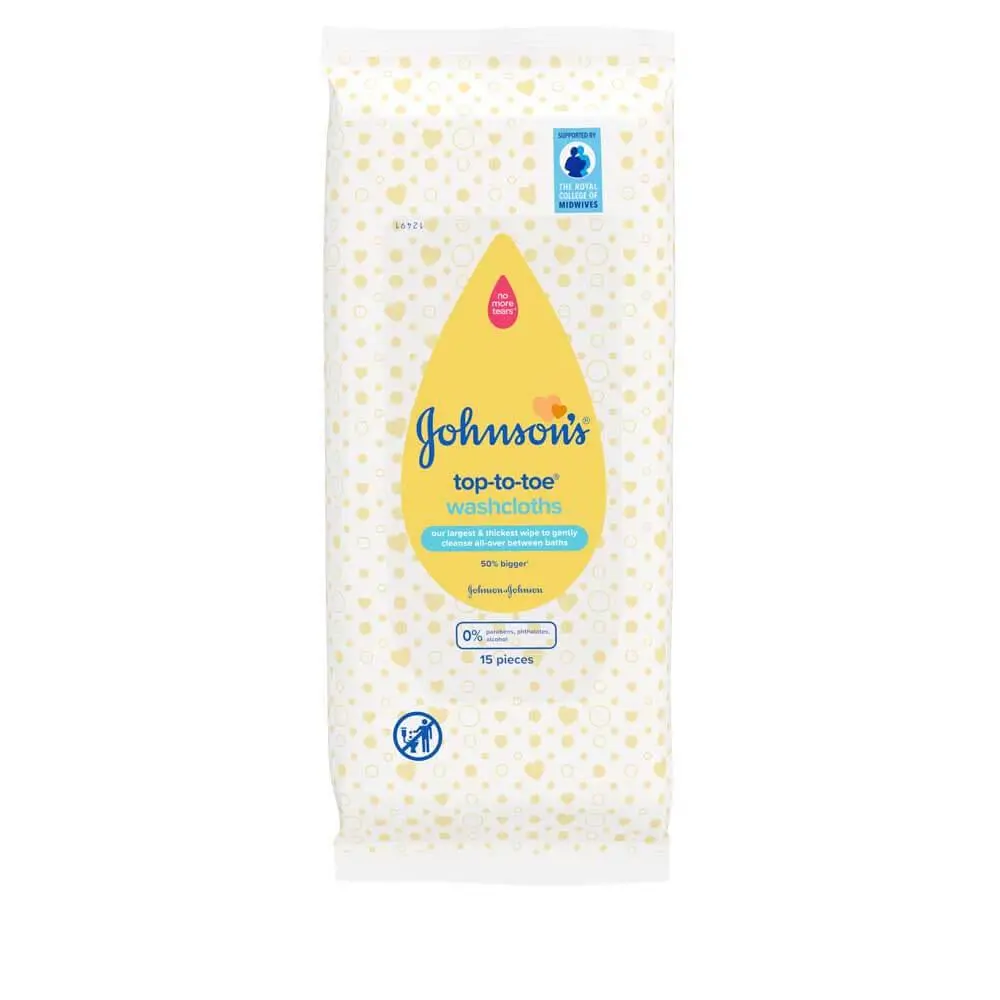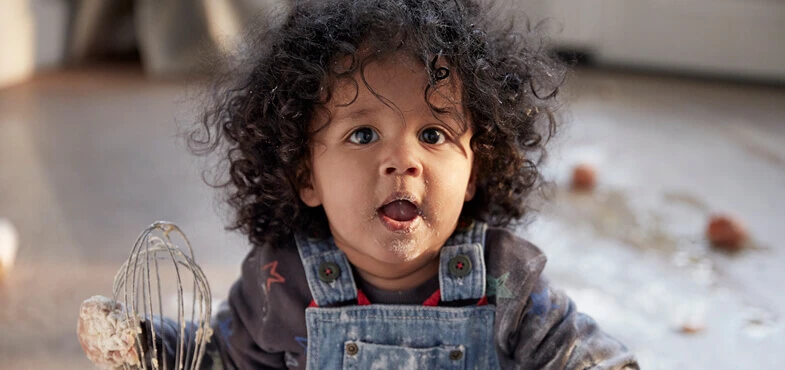Tips for Everyday Learning
Everyday Learning
Here are a few ways you can nurture your child's curiosity.
Model Interest in the World Around You
Take a walk outside and wonder aloud about the trees, the sky, the stars. Also let your child see you pursuing interests of your own.
Encourage Natural Interests
Children learn so much more through activities that capture their attention and imaginations. If they like music, play it for them often, make and play instruments together and dance together. If bugs are their thing, give them a shovel and a net, and find books on bugs and read to them.
Answer Questions Simply and According to Your Child's Development
You will answer a question about where babies come from much differently if your child is 3 or 13. And, no matter the child's age, always ask them first what their thoughts are before answering.
If You Don't Have the Answer, Say So
Let them know it's okay not to have all the answers. This also provides an opportunity to model how to find answers. Go with them to the library or call someone else who might know.
Use the Library!
Take this field trip together often. Find out when your local branch has its story time. Books are windows into all kinds of worlds to delight the curious mind. Young children who are exposed to books become better readers. Let your child choose their own books. Studies show that it doesn't matter whether children are reading books about rockets or comic books; the key is that their interest is captured and that they like to read.
Stimulate Your Child With Open-Ended Questions
These are questions that don't have a right or wrong response, and can't be answered with only one word like "yes" or "no". For example, ask them "How do you feel about…", "What was (such and such experience) like for you…", or "Tell me about what happened in school today." These kinds of questions encourage your child to develop their thoughts and ideas, they show love and interest, and will give you a window into their inner life.
Create an Interesting Environment
Babies spend one-fifth of their waking hours in focused gazing. They're curious about their surroundings. Pictures on the wall and normal family activity are naturally fascinating. Give your baby safe toys and objects to explore. Rotate your supply to keep it "fresh."
Redirect, Don't Discourage
Try to figure out what is capturing their interest, or what skill they are trying to master, and create a safe and acceptable way for them to explore. For example, if your toddler is exploring the houseplants, put them out of reach but offer a close alternative. Put some dirt in a plastic container for your child to play with and inspect. If they like to pour the water from their cup onto the high chair or floor, move them to the kitchen floor, bathtub or garden after the meal so they can explore and experiment with water without driving you crazy. This will also teach children problem-solving skills, and creative and acceptable ways to do and get what they want.
Note: Drowning is a leading cause of death for toddlers. Always supervise a child around any water.
Allow Time for Open-Ended Activities
Unlike some toys that are designed to be used a certain way, materials like boxes, building blocks, water, sand, pots and pans and any art material, can be used imaginatively. Do not tell your child what to do with the material, how to do it or what it should look like in the end. Let your child's curiosity be their guide.

JOHNSON’S® TOP-TO-TOE® Baby Washcloths
Quick and easy bathtime anytime, anywhere.
JOHNSON'S®Pioneering Safety and Science in Baby Care
We are committed to working with Parents, Healthcare Professionals and Scientists to ensure our baby products continue to deliver high standards of safety and care.

